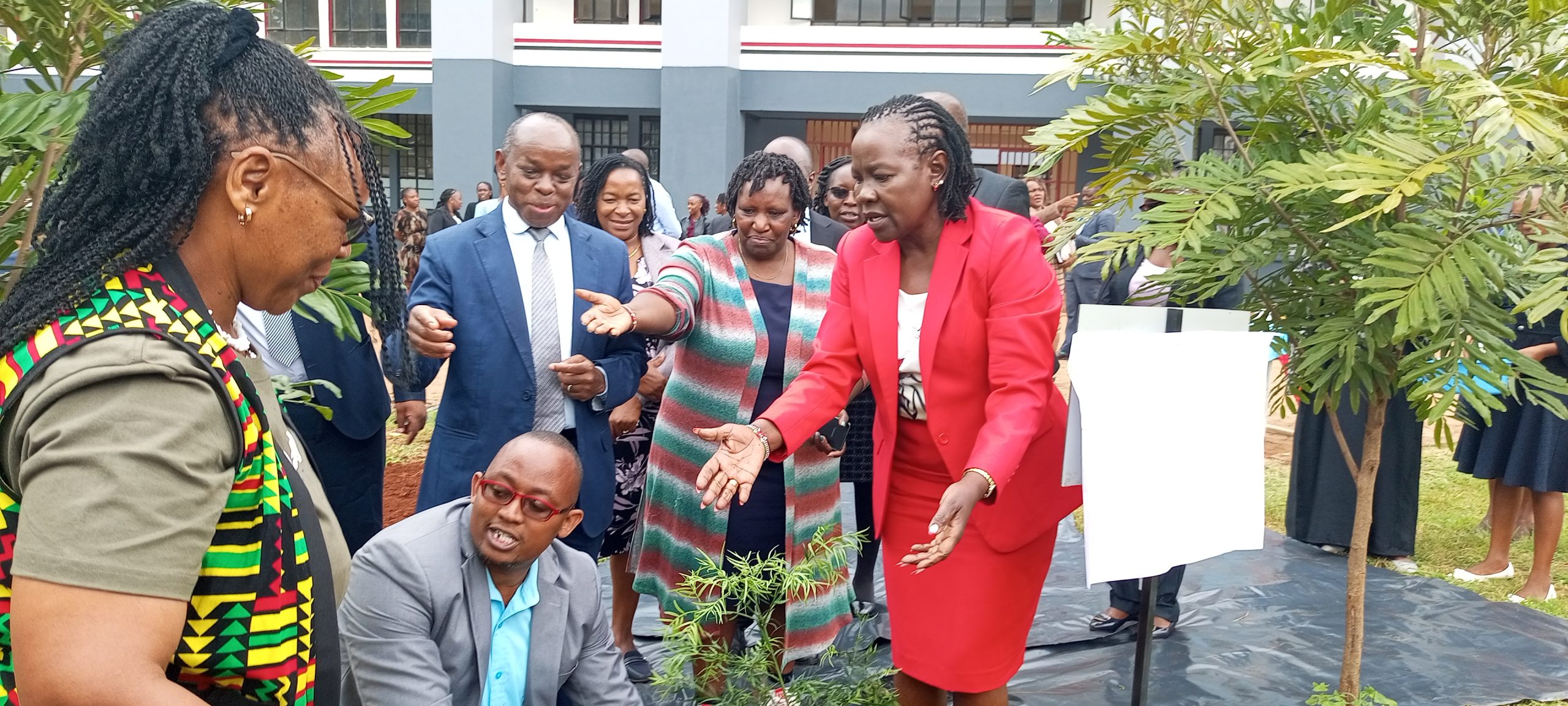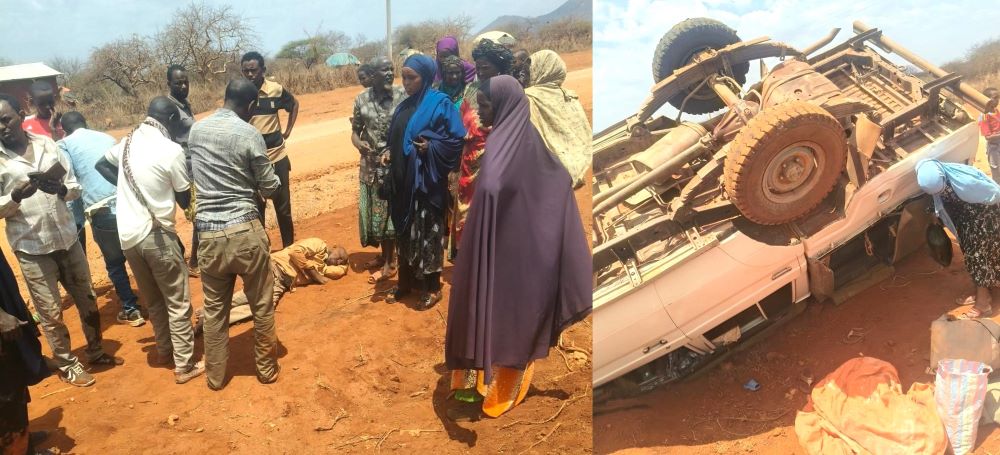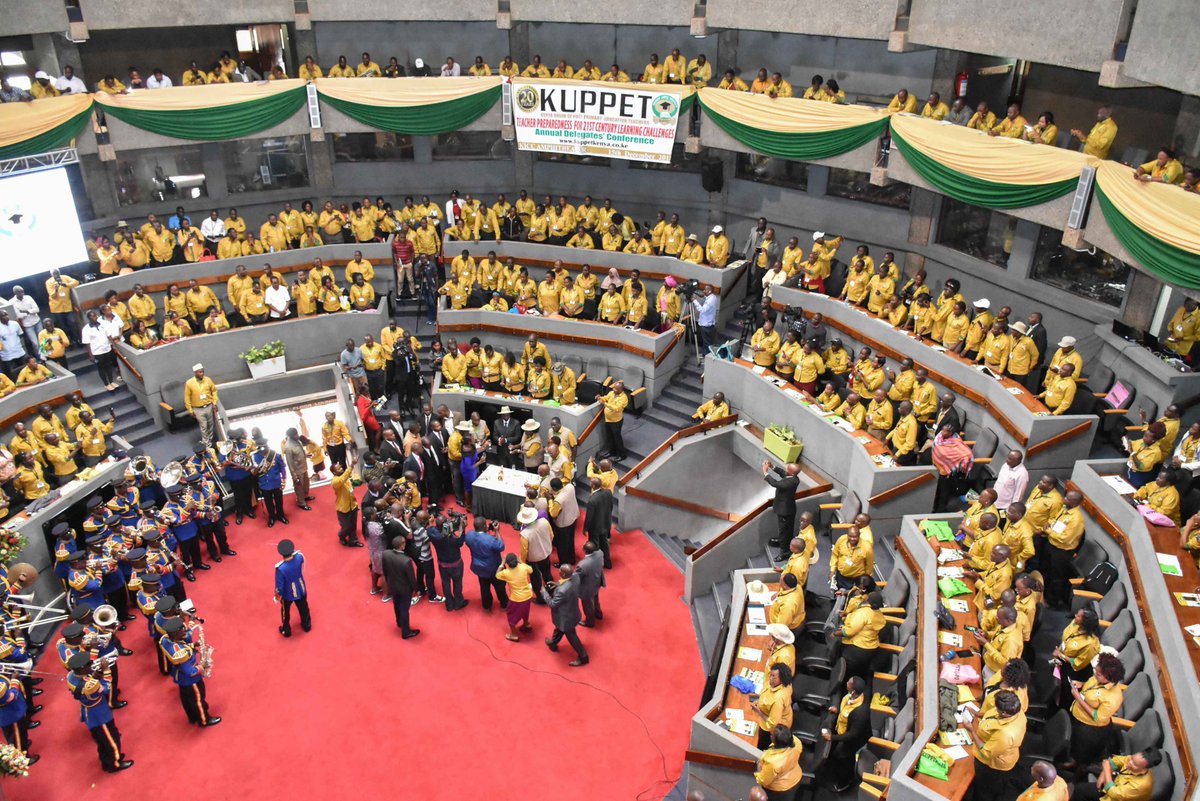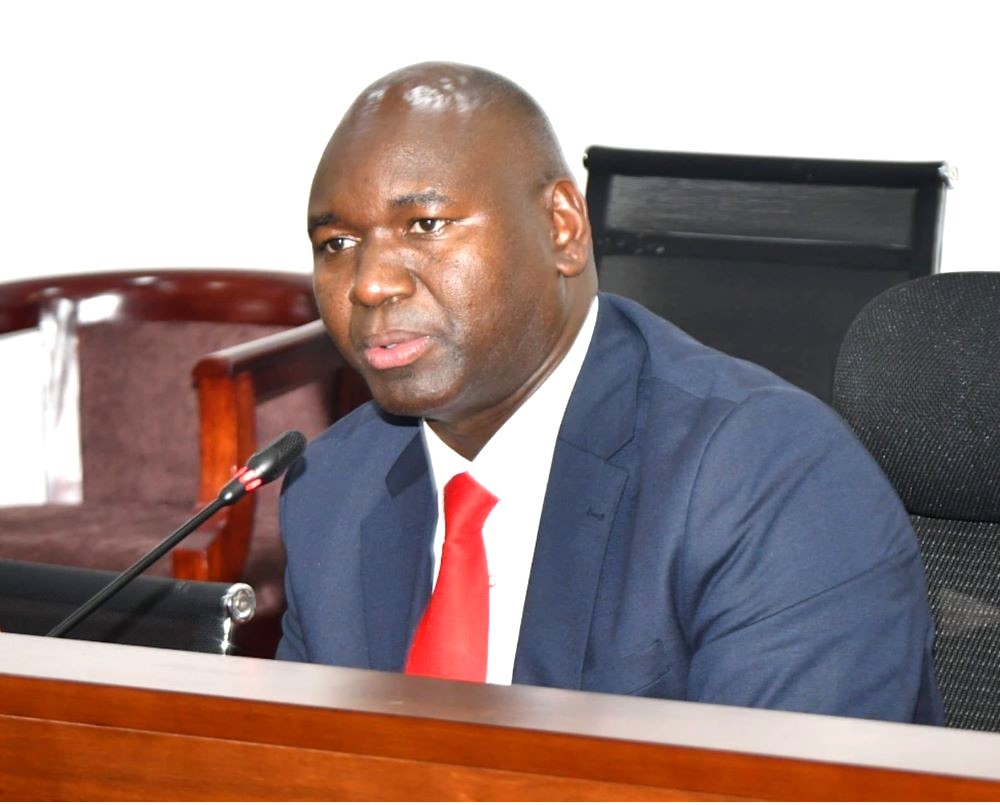Technical and Vocational and Education Training (TVETs) institutes across the country have embarked on a mission to plant 3.5 million trees during this rainy season in a bid to surpass their yearly target of planting 5 million trees.
Speaking during the launch of a ten day greening initiative at Kiambu National polytechnics (KINAP) in Kiambu town, principal secretary of state department for TVETs Dr. Esther Muoria said that already the TVET fraternity has planted 2.5 million trees and are determined to surpass their annual target.
“Our annual target of tree growing this year is 5 million trees. The entire TVET fraternity we are about 700,000 young people and this rainy season we are targeting that each young person to plant 5 trees which will be 3.5 million trees,” Muoria said.
The PS lauded KINAP for having the biggest tree nursery in the country and are capable of supplying trees to other institutions and also are capable of selling trees which is an income generating venture that is being encouraged by the ministry in TVETs.
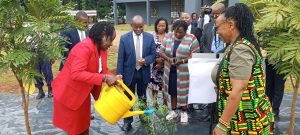
“We are encouraging income generating activities in our institutions. Seedling production is one of the ideas for kiambu national polytechnic and have done so much and I encourage them to continue as it is our responsibility as government to be able to support President William Ruto initiative of achieving 15 billion trees and it is our responsibility to keep our environment as good as possible,” PS said.
ALSO READ:
Quality assurance in focus as Busia County host VTC leadership training
She added that the implementation of competency based education training (CBET) in institutions the government has moved to modularization of the curricular.
“By modularization we are saying that we want to train starting this month of May in a modular form so that every three months a young person should be able to attain a certificate, properly trained, properly skilled and be able to proceed to the world of work,” she said.
Dr. Muoria added that the TVET department has broken ever curricular into skills set which training will be done and certify every three months.
“If a student enrolls for building and civil engineering, we are going to be able to skill the student in setting up of a building in all the areas up to where slabbing is being done, the brick laying, plastering and whichever trying that is contained in that continuum in the first three months will be trained and ensure that a student is well crafted and be certified so that they can go out to work or come back to do module 2,” she said.
She said that the department is encouraging institutions to invite the industries to work with them so as to create opportunities for the trainees.
“This curricular has been developed with the industry because it is the industries who knows what is needed. The occupational standards are coming from industry and we have the sector skills advisory committee that sets the standards and the department develops the curricular that is going to be trained. This is what we have taken and divided into small sets of training,” she said.
She said that the department has tasked its technical team to develop a TVET national timetable for the different courses offered.
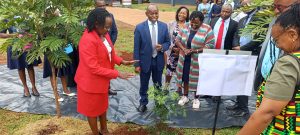
“For example in building and civil engineering a young person will know from day one according to the national timetable they will know they are starting with the understructure and after that follow the timetable on what they need to do. We do not want to have any confusion. We want it to be clear that when they come this is where they are starting,” she said.
She however said that the training in TVETs should be skills based where theory training will end.
” The TVETs principals have reported that the last batch of students which will be examined under Kenya National Examinations Council (KNEC) will clear July next year after which either Curriculum Development, Assessment and Certification Council (CDACC) or national polytechnics which is a qualifications awarding institution will be examining the students,” she said
Sammy Waititu KINAP principal said that the institute has planted over 50,000 tree seedlings ready for planting and have partnered with Kenya Forest Services (KFS) and Kenya Forestry Research Institute (KEFRI) where they have planted over 50,000 trees.
ALSO READ:
School heads in Migori praise President Ruto for launching tarmacking of new road
“We have partnered with KFS where they have given 10 hectares of land within Kinale forest for KINAP to plant trees and we will plant 50,000 tree seedlings on 9th May 2025. We have also partnered with KEFRI who provide with seedlings and guide us on the process of propagating the seeds,” Waititu said.
He added that the institution in a bid to of addressing climate change issues are doing water harvesting and is minimizing usage of plastic to minimize on plastic waste and have set up water dispensers within the institution while using innovations developed by students.
He however said that the institution has already embraced the modularization of curricular that will help trainees get into the industry within three months.
“The students we are admitting will start with modularized curriculum and any other student who will be admitted going forward will go through that curricular,” he said.
By Felix Njenga
You can also follow our social media pages on Twitter: Education News KE and Facebook: Education News Newspaper for timely updates.
>>> Click here to stay up-to-date with trending regional stories
>>> Click here to read more informed opinions on the country’s education landscape


